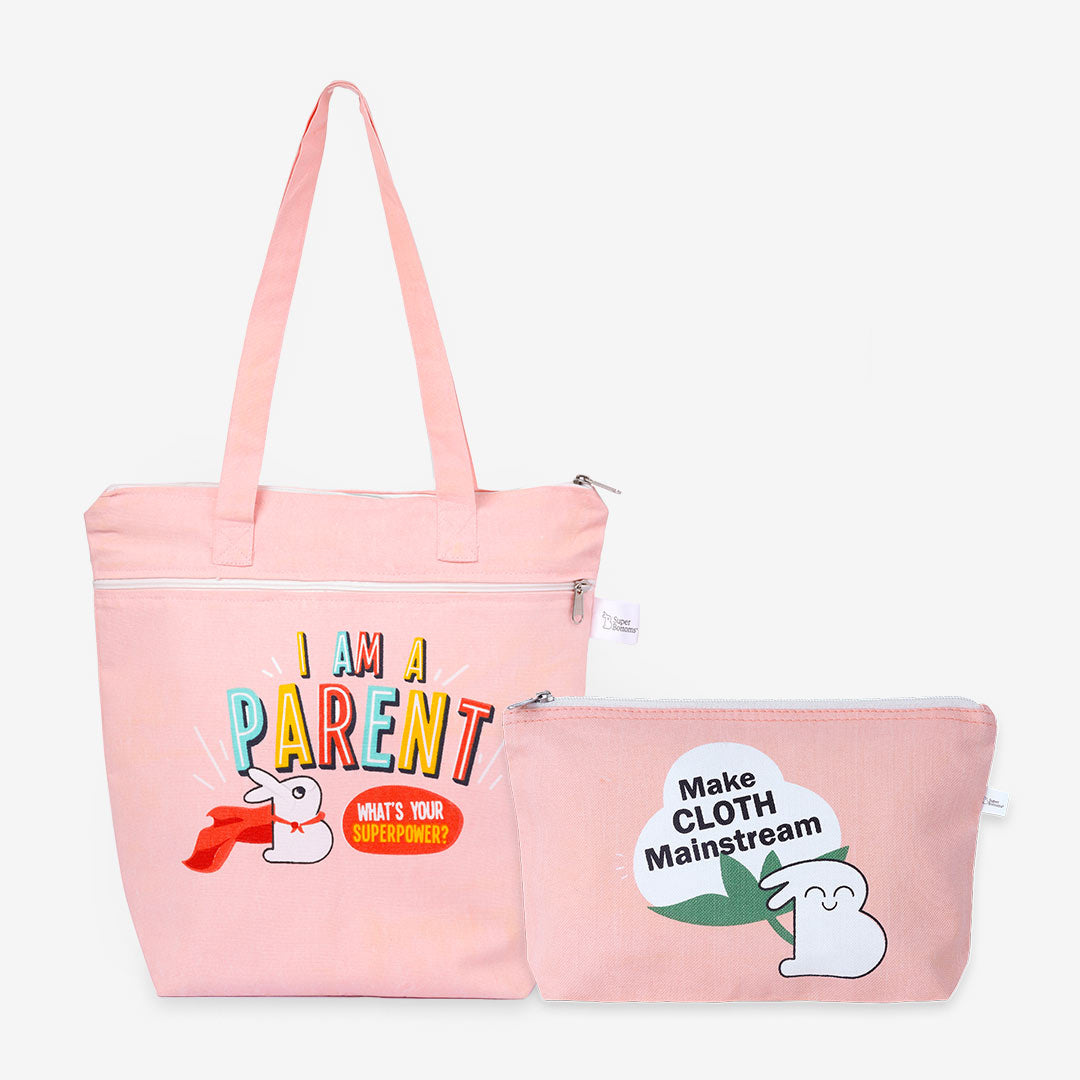When you hear the term 'tongue-tie', we picture a person trying to speak something but is unable to out of fear or nervousness. But tongue-tie is a medical condition that affects breastfeeding, your baby's speech, and even oral development when it comes to younger babies. Tongue-tie is not a very common term you would hear as a parent.
Medically known as ankyloglossia, a tongue tie baby will have an overly short or thick frenulum. The frenulum is a band of skin tissues that connect the bottom of your tongue and the floor of your mouth. When you pick your tongue up, the skin line you see connecting the tongue and floor of the mouth is the frenulum. This will restrict their tongue movement. This article will discuss the tongue tie symptoms, causes & treatments.
How Common Is Tongue-tie In Babies
There is no exact data on how many babies are affected by this condition at birth. However, parents often realise a little late when the baby has speech problems. This can happen when the situation is not very severe, and the tongue tie is only posterior or towards the backside, thus not affecting suckling and breastfeeding. Evidence shows that anywhere between 5 – 10% of babies are tongue tie baby.
Types Of Tongue-tie In Babies
According to the location where the tongue is to attach to the floor of the mouth, a tongue tie baby is classified under one of the following types:
- Class one – The tip of the tongue is tied to the floor of the mouth when it is class one tongue tie. This is most easily visible and identifiable.
- Class two – In class two, tongue tie in babies; the tie is towards the middle of the tongue.
- Class three – The tongue tie, in the case of class three, is located at the base of the tongue.
- Class four – Also known as posterior tongue tie, class four is a tie towards the backside of the tongue. This is often mistaken as a short tongue.
What Causes Tongue-Tie In Babies
Babies are born with this condition, which means that it is a congenital disease. When the embryo starts to develop in the mother's womb, the frenulum is tied to the tongue and the base of the baby's mouth. But before birth, it separates from the tongue, thus giving the tongue free movement. But, in some cases, the frenulum remains attached to the tongue, and therefore the baby will be a tongue tie baby.
Some experts believe that tongue tie baby is affected due to some genetic factors. But it is just a theory, and there is no evidence to prove this or any reason behind why this happens.
Symptoms Of Tongue-tie In Babies
It is not an easy task to identify if your baby is a tongue tie baby or not, especially if the condition is not severe. But the following symptoms will help you identify the condition(1):
- - While feeding, your tongue tied baby will not be able to stay attached to the nipple for the full feed.
- - A tongue tie newborn would make clicking sounds while breastfeeding.
- - Although a baby will not be able to do this on command at such a young age, a tongue tie baby will not be able to touch the roof of the mouth with their tongue or move the tongue from left to right easily.
- - The baby will be unable to stick the tongue out.
- - Because they would be unable to suckle properly, tongue tie baby will feel irritated during feeding.
- - The baby will not be gaining adequate weight because of interrupted and improper feeding.
- - They will feed for longer with small breaks in between.
Diagnosis Of Tongue-tie In Babies
Only a medical practitioner or your baby's pediatrician is the right person to perform a diagnosis of a tongue-tie condition in your baby. The doctor will conduct a few tests based on visual examination and check the tongue's mobility.
Sometimes, tongue tie babies outgrow this condition within the first few weeks of their birth. So, your pediatrician would ideally ask you to wait out for a few weeks and see if the issue gets resolved on its own. There might be a chance that you will be able to avoid any kind of surgery altogether.
Treatment Options For Tongue-tie In Babies
If the situation demands surgery for your tongue tie baby, two types of surgery can help your baby.
- Frenotomy – Frenotomy is the easier of the two procedures to treat tongue ties. It is a simple procedure that will not need your baby to be under anesthesia and can be quickly done at your doctor's clinic. Your doctor will use a sterile scissor and snip the frenulum. There are hardly any nerve endings in that part of the tongue; your baby will not bleed or feel much pain. You can breastfeed them immediately for comfort.
- Frenuloplasty – A little more complicated procedure than Frenotomy, Frenuloplasty is carried out under general anesthesia. If the frenulum is thick, or if any additional repair apart from the cut is required to keep the structure of the tongue to be perfect. The procedure is simple and does not involve many complications. However, as this is performed on young babies, they would be kept under observation for a day or two after the surgery to ensure that there are no anesthesia or surgery-related complications.
Please remember that a certified doctor is the only person eligible to make a diagnosis of your baby's tongue tie condition and to perform any procedure to help them out of the situation. If you feel that your baby is struggling with breastfeeding or there is a visible tongue tie, immediately speak to your pediatrician to discuss the further course of action to solve this.
Common Questions Parents Ask
Q1 – Are there any medicines to cure tongue tie conditions?
This condition is more of a skin tissue related. Thus, no medicines can help you get rid of a tongue tie.
Q2 – Is surgery the only option to help my tongue tie baby?
No, many times, kids outgrow the tongue tie, and the condition goes away on its own within a few weeks of birth. Thus, the first strategy is to help them breastfeed without difficulty and wait it out.
Q3 – Apart from speech and breastfeeding, how does a tongue tie affect the baby?
Tongue tie baby will also find it difficult to brush their teeth and clean their mouth, thus resulting in poor oral hygiene.










Wow
Get the 10% Discount on Cart
(Min Order Value 1500/-)
GRAB10
Leave a comment